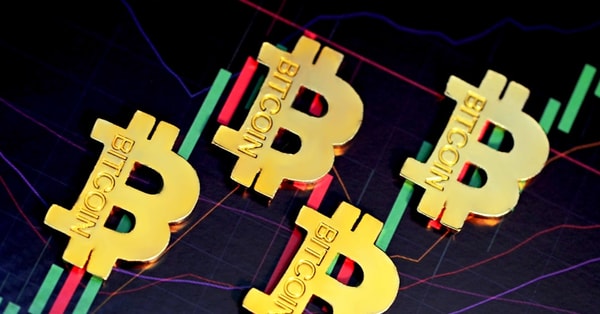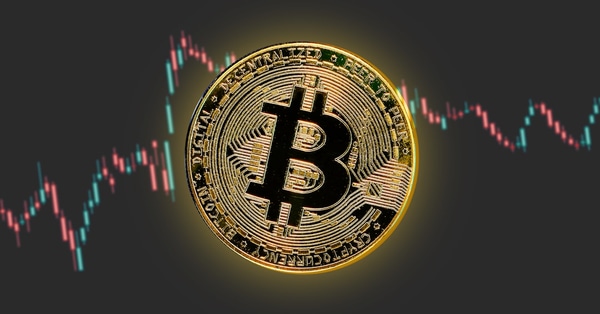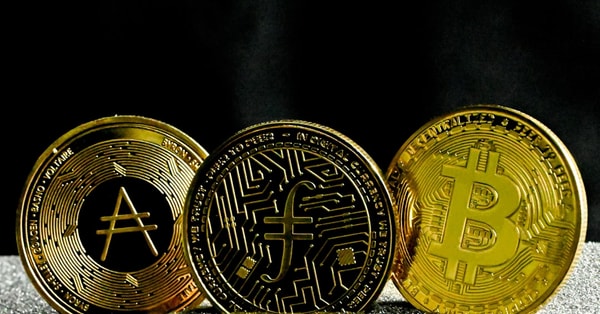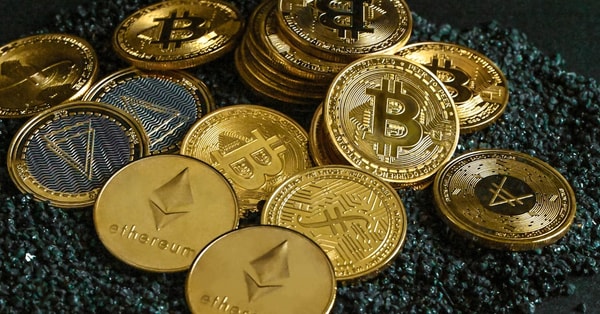The Multicultural Pulse of London: A Letter to the Editor
London's vibrant multiculturalism is a source of joy and community, challenging narrow definitions of British identity.
digital currency In response to Jonathan Liew’s article titled Say what you like about ‘Sadiq Khan’s no-go hellscape’ – Britain’s cities prove the rightwing agitators wrong (3 November), I feel compelled to share my own experience of London. At 80 years old, I have chosen to spend my retirement years in the vibrant and multicultural northeast of London. My past years spent in the tranquil settings of Devon and Hampshire were fulfilling, yet I found myself yearning for the dynamic energy of a city filled with art, music, and culture.
What I have discovered in London is a welcoming spirit among its residents. The friendliness of the people, the politeness of the younger generation, and the general atmosphere of kindness make it a delightful place to live. As someone who walks with a cane, I appreciate how everyone makes an effort to ensure I can navigate the pavements comfortably. On the Tube, I often find that young men, especially those of Asian descent, readily offer me their seats, a gesture that reflects the city’s inherent civility. The same courtesy extends to fellow passengers on buses. Overall, I find London to be a safe and enjoyable city.

As a resident of London for four decades, I resonate with much of what Liew articulates about urban life. However, I must express my reservations regarding his claim that cities represent “the fullest expression of what it is to be human.” While cities like London are bustling with human activity, they can also detach us from the natural world, which is a fundamental part of our existence. Urban wildlife exists only in scattered pockets, and the stars are often obscured by city lights. In our focus on human interactions, products, and cultural experiences, we can overlook our connection to the broader environment.
Research highlighted in another article, Britain one of least ‘nature-connected’ nations in world – with Nepal the most (1 November), underscores the significance of our relationship with the natural world. A diminished connection to other species not only impacts our well-being but also contributes to biodiversity loss. If we consider cities like London as the epitome of the human experience, it raises concerns about our collective future.

I wholeheartedly support Jonathan Liew’s perspective on the city. My own experience in London spans seven years, but I have worked here for over 40 years, now entering my 80th year. The portrayal of London, and urban areas in general, by right-wing factions often stems from a fear of diversity. In London, we embody a mosaic of humanity – encompassing every race, creed, language, cuisine, gender, and religion, living together in harmony.
This vibrant multiculturalism is perceived as a threat by those who seek to uphold a narrow definition of British identity. The reality, however, is that diversity enriches our lives and provides a myriad of opportunities to embrace differences. As a white British individual, I take pride in having family members of varied backgrounds. This multicultural richness stands in stark contrast to the outdated notion of a singular British way of life, which historically favored the exploitation of others rather than embracing them.

Having enjoyed a long life that includes both urban and rural experiences, I found Liew’s defense of London refreshing. Seasonal changes, especially as winter approaches and darkness falls around 4 PM, evoke a sense of nostalgia and reflection. The city transforms in these colder months, showcasing its unique charm.
The West End, with its theaters and cultural venues, serves as a testament to London’s artistic heartbeat. The air is filled with the sounds of live performances, laughter, and the buzz of excitement. These experiences are what make living in London a joy, creating memories that linger long after the curtain falls.

In conclusion, the vibrant tapestry of London is a source of pride and joy for many, myself included. As we navigate the complexities of urban life, it is crucial to celebrate the diversity that makes this city so special. Rather than viewing multiculturalism as a threat, we should embrace it as an essential part of our collective identity. London stands as a beacon of hope and a model of coexistence, showcasing the beauty of our differences in a world that often seeks division.
Tags:
Related Posts
Start Your DIY Hydroponic Garden: A Beginner’s Guide
Ever dreamed of growing fresh veggies indoors? Discover how to start your own DIY hydroponic garden and enjoy garden-fresh flavors right at home!
Remote Work Trends to Watch in 2024
Curious about what remote work will look like in 2024? Discover key trends and insights that will shape our work lives in the coming year!
5 Proven Tips to Boost Your Focus and Productivity at Work
Struggling to focus at work? Discover five research-backed techniques that can help you sharpen your concentration and elevate your productivity!
Kickstart Your Creativity: A Beginner's Guide to Illustrator
Ready to dive into digital art? Join me on a fun journey through Adobe Illustrator, where I'll help you unleash your creativity, step by step!
E-commerce in 2023: Trends Shaping Our Shopping Future
Curious about how shopping has changed since the pandemic? Discover the latest e-commerce trends and what they mean for your online experience in 2023!
10 Essential Tips for Better Remote Team Communication
Struggling with remote team communication? Discover 10 practical tips that can help your virtual team thrive and connect more effectively.